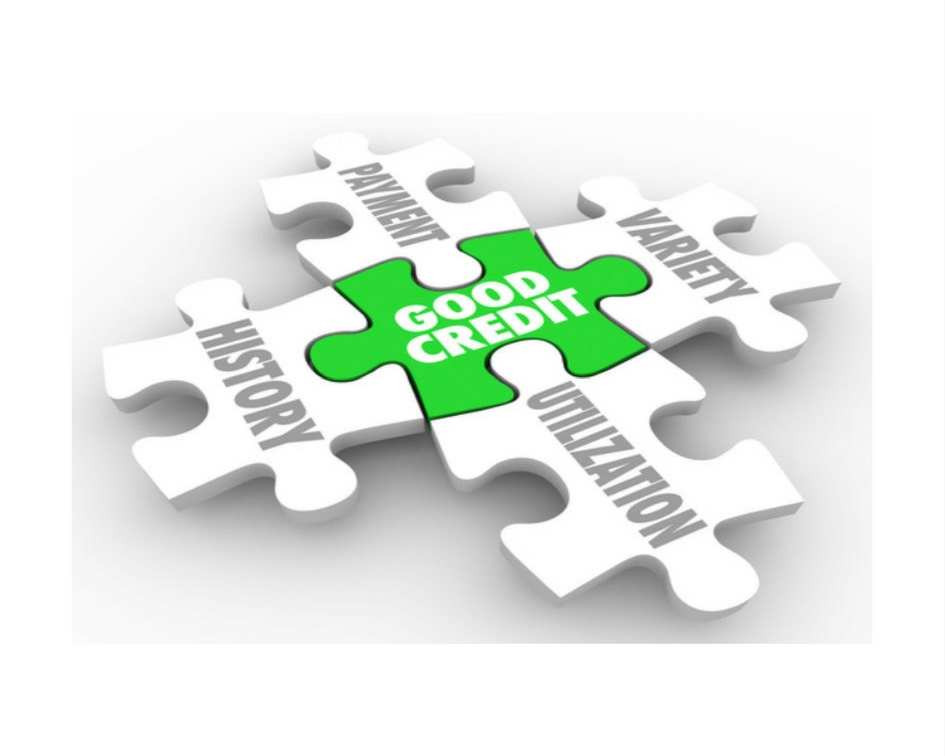We’ve all had dreams of owning a home and maybe even day dreamed of owning that shiny new car. For most of us, we do not have the funds available to make these major purchases outright. Therefore, we must consider the importance of credit.
Your credit is what lenders use to determine the level of risk involved in lending you money. Your credit report is a record of your payment history with lenders such as banks, credit card companies, and the government. Your credit score rates how well you’ve done with managing your financial obligations. Credit is part of your financial power and the first step to achieving financial peace of mind.
TYPES OF CREDIT

To properly understand and build your credit history, you must understand the information within your credit report. The two most common types of credit are installment and revolving accounts.
Installment
This generally consists of loans you get for big ticket items such as mortgages and automobiles. Personal loans are also considered installment debt regardless of how small the balance and may include a lease for furniture or appliances. Debt issued in this category normally has a set monthly payment amount.
Revolving
This includes credit cards and home equity lines of credit. While there is a limit on how much you borrow, you are left to decide what you’d like to do with that line of credit and without having to pay it all back all at once. However, the most responsible borrowers do not spend what they cannot afford to pay back right away.

So now when you take a look at your credit report think about the types of credit accounts you have. Then review the history of those accounts and ask yourself:
- Do I have a good mix of credit that includes installment and revolving accounts?
- Are these accounts in good standing? Am I making my payments on time?
- Am I keeping my revolving balances low and paying back what I spend?
Determine if you have proven yourself to be creditworthy. If not, don’t beat yourself up about it because it’s never too late to get started.
Need help? Don’t know where to start? Download our easy to read guide that will help you repair your credit.
Feeling overwhelmed? Don’t have time to repair your own credit? We can help you.

